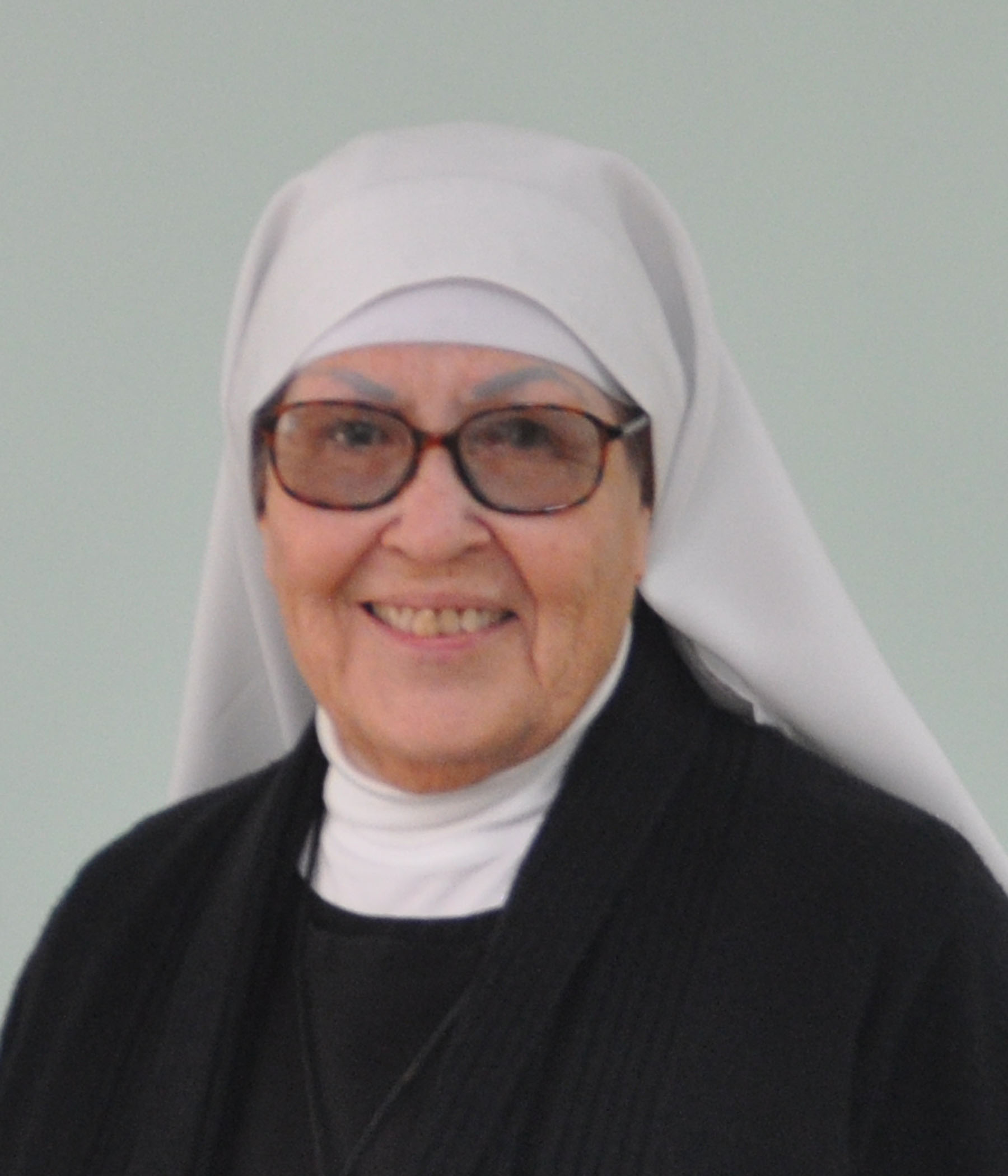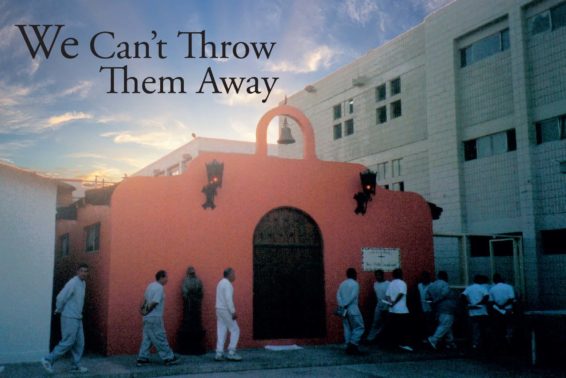How an 82-Year-Old Nun Is Changing Lives
Sr. Viola Ramirez is prayerful, persistent, and fearless. This resilient, joy-filled woman brings to her ministry the mission and mercy of Jesus’ gospel, and its hope to many who feel hopeless. “We can’t throw them away,” she says of the male and female inmates she meets every day, imprisoned at Mexico’s La Mesa Prison in Tijuana. “They are our brothers, our sisters. God loves them just as much as he loves us.” And she pauses to add with a smile, “Maybe even more.”

In her ministry we see how she brings Jesus’ words to life: “I was hungry and you gave me food, I was thirsty and you gave me drink, a stranger and you welcomed me, naked and you clothed me, ill and you cared for me, in prison and you visited me” (Matthew 25:35-36). “My vocation started late in life,” she explains. “I was born and raised outside of Denver and lived there all my life. I married very young. My husband and I had four children. I am now up to twelve grandchildren and twelve great-grandchildren. Unfortunately, my husband passed away from a massive stroke in 2007.” Sr. Viola came across Mother Antonia Brenner who founded Sr. Viola’s religious community in the 1990’s, the Eudist Servants of the 11th Hour. Their distinctive charism is to minister to those in prison, their families, and the poor. They are self-supporting and recognized by the bishops of Tijuana and San Diego. There are fourteen sisters: seven in Mexico and seven in the United States. Sr. Viola joined them thirteen years ago, at the age of sixty-nine.
Her calling has very deep roots. It goes back to her teenage years when her older brother was stabbed to death. “It was really traumatic,” she says. “I kind of just put it in the back of my heart and didn’t dwell on it for all those years.” Gradually, she began to wonder about the man who killed her brother. “I know they deported him,” she says, “but we never knew what happened to him. We had no closure. So, the first time I went into the prison, they sent me to the chapel to pray the Rosary with the guys. When we started praying, I started looking at the faces of all the men, and I thought, ‘I wonder if that man is here. “Just then, the Holy Spirit said to me, ‘You never forgave that man.’ And that day I forgave him. I still don’t know what happened to him, but I pray for him every day. The faces I see every day represent that man. The revelation I had about forgiveness is what started my real vocation.”
It is a vocation that changed her. “It has made me more sensitive, less critical of people,” she says. “To be able to look at somebody and say, ‘God loves them the way they are.” It has also opened her eyes to the ordinary things so many of us take for granted. “Just seeing all of these men and women in prison—some of them are really lost, and that’s very sad. They’ve lost the hope Jesus can restore. “Hope is at the heart of her mission and she carries in her heart a particular hope, that those outside the prison walls will take time to remember those inside.” “I ask that everybody pray for prisoners,” she says. “Let’s not throw them away.”

Other Articles
Interested in Making a Donation?
Take a look at all the ways you can contribute to our mission!
ESEH
PO Box 530039, San Diego, CA 92153-0039
Email: outreach@eudistservants.org
To sign up for the hardcopy newsletter, click here.
